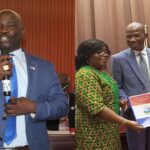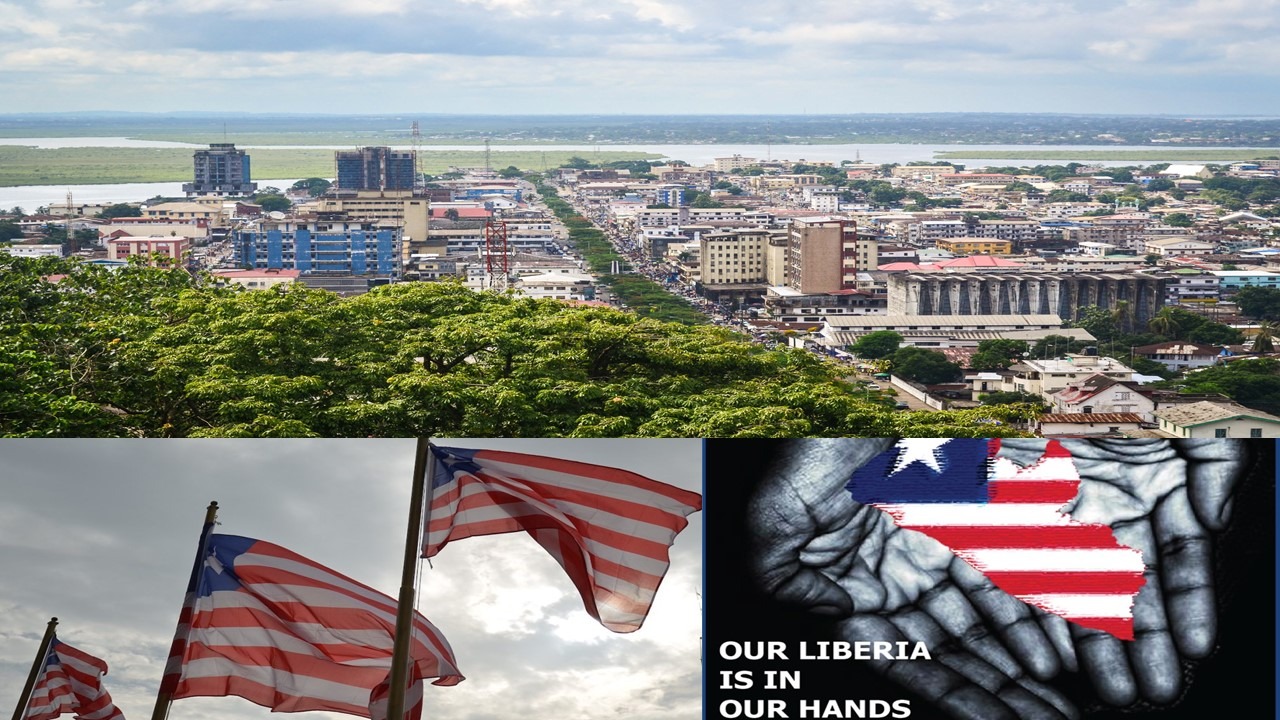In a significant move towards financial transparency and economic planning, the Ministry of Finance and Development Planning (MFDP) has presented the Draft National Budget for the fiscal year 2024 to the Honorable House of Representatives (HOR) in Liberia. The proposed budget stands at US$625.57 million, with detailed allocations and projections outlined by Deputy Finance Minister for Budget and Development Planning, Tanneh Geraldine Brunson.
Revenue and Expenditure Breakdown
Deputy Minister Brunson elucidated that the bulk of the budget, a staggering 99.6 percent amounting to US$623.14 million, is anticipated to be generated from domestic sources. A relatively modest 0.39 percent, equivalent to US$2.43 million, is projected to come from external resources. The proposed expenditure mirrors this balance, with a total of US$625.57 million allocated for the fiscal year.
Breaking down the expenditure, recurrent costs dominate, constituting 95 percent of the total proposed expenditure at US$594.54 million. Meanwhile, Public Sector Investment Projects (PSIP) are allotted US$31.03 million, representing 5 percent of the budget. This distribution underscores the government’s focus on addressing immediate needs and obligations through recurrent spending while allocating a reasonable portion for developmental initiatives.
Priority Areas for Expenditure
Minister Brunson emphasized the priority given to obligatory expenditure categories. Debt service, both domestic and external, claims a significant portion, highlighting the government’s commitment to meeting financial obligations. Other priority areas include compensation for employees, grants, and expenditures related to education and health sectors, underscoring the government’s dedication to human capital development and the well-being of its citizens.
Legislative Response and Oversight
The Deputy Finance Minister asserted that the submission aligns with the provisions of the Public Financial Management Act, covering the period from January 1, 2024, to December 31, 2024. However, she expressed an understanding that the incoming administration might institute changes to the budget, emphasizing the fluid nature of fiscal policies across political transitions.
Upon receiving the budget, Honorable Speaker Dr. Bhofal Chambers acknowledged the delay in submission, attributing it to the demands of competitive elections. Despite this, he called for an automatic scheduling of the budget process, stressing the importance of careful scrutiny and diligence. The Speaker assured that the legislature would prioritize the national interest and work towards the timely passage of the budget.
Prioritizing Supreme Court Rulings
Speaker Chambers highlighted the legislature’s commitment to upholding the Supreme Court’s ruling, specifically mentioning the settlement of arrears for former legislators and compensation for victims of the shipwreck. These issues will be accorded priority during the budget review process, fostering coordination among the three branches of government.
Conclusion
Liberia’s Draft National Budget for the fiscal year 2024 reflects a balanced approach to revenue generation and expenditure allocation. While recurrent costs take precedence, the budget also earmarks funds for critical Public Sector Investment Projects. The legislative commitment to diligently review and pass the budget underscores the importance of responsible financial governance. As Liberia navigates the challenges of national debt and recurrent expenditures, the proposed budget aims to address immediate needs and contribute to sustainable development in key sectors.




